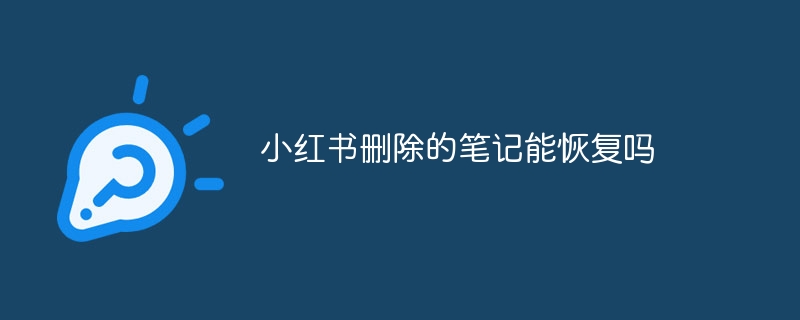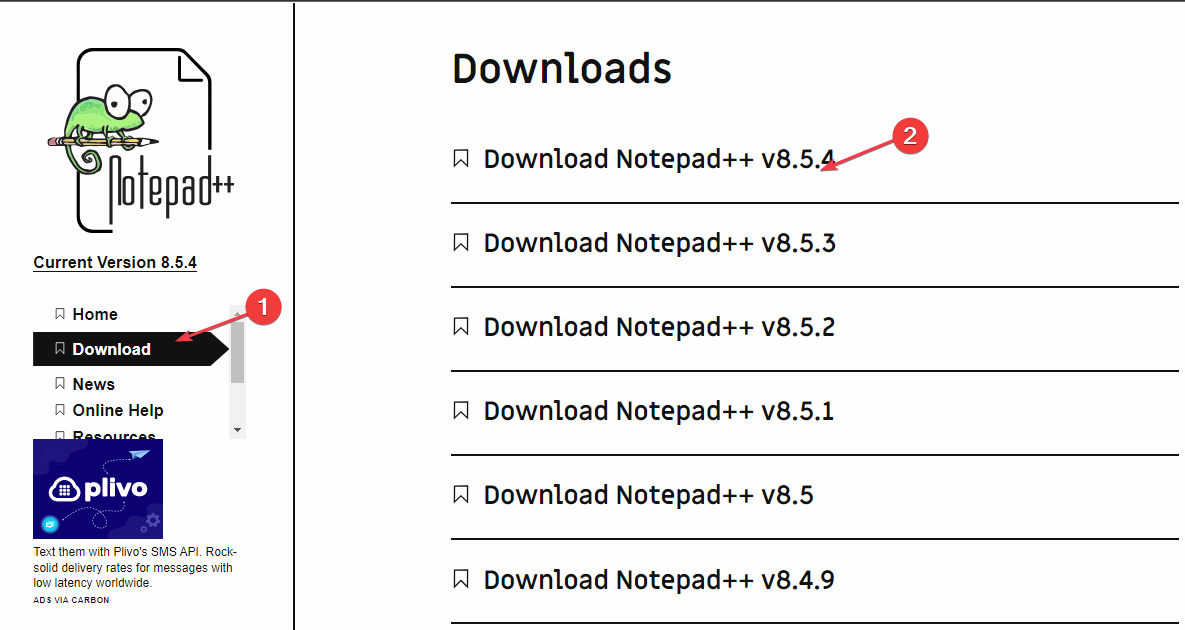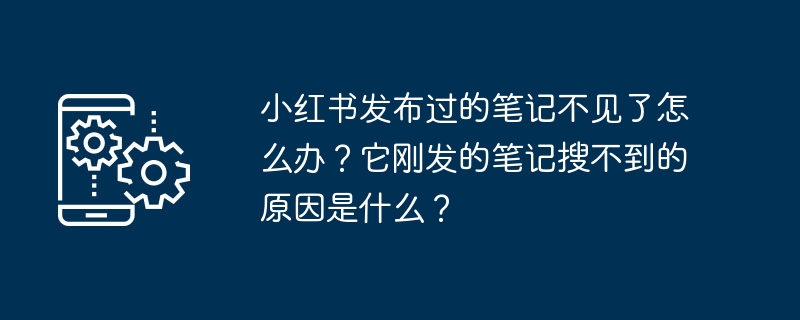安装 $ pip install pymongo//指定pymongo版本$ pip install pymongo==2.1.1//upgrade现有的版本$ pip install --upgrade pymongo 使用 from pymongo import MongoClientconnection = MongoClient()#指定host和portconnection = MongoClient('localhost', 27
安装
$ pip install pymongo //指定pymongo版本 $ pip install pymongo==2.1.1 //upgrade现有的版本 $ pip install --upgrade pymongo
使用
from pymongo import MongoClient
connection = MongoClient()
#指定host和port
connection = MongoClient('localhost', 27017)
db = connection.test_database
插入
>>> import datetime
>>> post = {"author": "Mike",
... "text": "My first blog post!",
... "tags": ["mongodb", "python", "pymongo"],
... "date": datetime.datetime.utcnow()}
>>> posts = db.posts
>>> post_id = posts.insert(post)
>>> post_id
ObjectId('...')
#多个插入
>>> new_posts = [{"author": "Mike",
... "text": "Another post!",
... "tags": ["bulk", "insert"],
... "date": datetime.datetime(2009, 11, 12, 11, 14)},
... {"author": "Eliot",
... "title": "MongoDB is fun",
... "text": "and pretty easy too!",
... "date": datetime.datetime(2009, 11, 10, 10, 45)}]
>>> posts.insert(new_posts)
[ObjectId('...'), ObjectId('...')]
查找
>>>posts.find_one({"author": "Mike"})
{u'date': datetime.datetime(...), u'text': u'My first blog post!', u'_id': ObjectId('...'), u'author': u'Mike', u'tags': [u'mongodb', u'python', u'pymongo']}
#若不存在则没有返回值
#按id查找
>>>posts.find_one({"_id": post_id})
{u'date': datetime.datetime(...), u'text': u'My first blog post!', u'_id': ObjectId('...'), u'author': u'Mike', u'tags': [u'mongodb', u'python', u'pymongo']}
#注意post_id为ObjectId类型而不是string, 如果是string则会找不到
#所以当从请求的url中获取id后必须把string类型转换成ObjectId类型再使用
from bson.objectid import ObjectId
# The web framework gets post_id from the URL and passes it as a string
def get(post_id):
# Convert from string to ObjectId:
document = connection.db.collection.find_one({'_id': ObjectId(post_id)})
count
>>> posts.count()
3
>>> posts.find({"author": "Mike"}).count()
2
sort和limit
#-1为倒序
db.posts.find().sort({'author':-1}).limit(10)
update
db.posts.update({"_id": post_id}, {"$set": {"author":"Mark"}})
原文地址:PyMongo笔记, 感谢原作者分享。
 win11安装语言包错误0x800f0950什么原因Jul 01, 2023 pm 11:29 PM
win11安装语言包错误0x800f0950什么原因Jul 01, 2023 pm 11:29 PMwin11安装语言包错误0x800f0950什么原因?当我们在给windows11系统安装新语言包时,有时会遇到系统提示错误代码:0x800f0950,导致语言包安装流程无法继续进行下去。导致这个错误代码一般是什么原因,又要怎么解决呢?今天小编就来给大家说明一下win11安装语言包错误0x800f0950的具体解决步骤,有需要的用户们赶紧来看一下吧。win11电脑错误代码0x800f0950解决技巧1、首先按下快捷键“Win+R”打开运行,然后输入:Regedit打开注册表。2、在搜索框中输入“
 小红书笔记怎么删除Mar 21, 2024 pm 08:12 PM
小红书笔记怎么删除Mar 21, 2024 pm 08:12 PM小红书笔记怎么删除?在小红书APP中是可以编辑笔记的,多数的用户不知道小红书笔记如何的删除,接下来就是小编为用户带来的小红书笔记删除方法图文教程,感兴趣的用户快来一起看看吧!小红书使用教程小红书笔记怎么删除1、首先打开小红书APP进入到主页面,选择右下角【我】进入到专区;2、之后在我的专区,点击下图所示的笔记页面,选择要删除的笔记;3、进入到笔记页面,右上角【三个点】;4、最后下方会展开功能栏,点击【删除】即可完成。
 如何在 Google Docs 中安装自定义字体Apr 26, 2023 pm 01:40 PM
如何在 Google Docs 中安装自定义字体Apr 26, 2023 pm 01:40 PMGoogleDocs在学校和工作环境中变得很流行,因为它提供了文字处理器所期望的所有功能。使用Google文档,您可以创建文档、简历和项目提案,还可以与世界各地的其他用户同时工作。您可能会注意到GoogleDocs不包括MicrosoftWord附带的所有功能,但它提供了自定义文档的能力。使用正确的字体可以改变文档的外观并使其具有吸引力。GoogleDocs提供了大量字体,您可以根据自己的喜好从中选择任何人。如果您希望将自定义字体添加到Google文档,请继续阅读本文。在本文中
 小红书删除的笔记能恢复吗Oct 31, 2023 pm 05:36 PM
小红书删除的笔记能恢复吗Oct 31, 2023 pm 05:36 PM小红书删除的笔记不能恢复。小红书作为一款知识分享和购物平台,为用户提供了记录笔记和收藏有用信息的功能。根据小红书的官方说明,已经删除的笔记是无法恢复的。小红书平台并没有提供专门的笔记恢复功能。这意味着,一旦在小红书中删除了笔记,无论是不小心误删还是其他原因,一般情况下是无法从平台上找回被删除的内容的。如果遇到特殊情况,可以尝试联系小红书的客服团队,看是否能够协助解决问题。
 适用于 Windows 11 的记事本++:如何下载和安装它Jul 06, 2023 pm 10:41 PM
适用于 Windows 11 的记事本++:如何下载和安装它Jul 06, 2023 pm 10:41 PMNotepad++主要由开发人员用于编辑源代码,由临时用户用于编辑文本。但是,如果您刚刚升级到Windows11,则在您的系统上下载和安装该应用程序可能具有挑战性。因此,我们将讨论在Windows11上下载和安装记事本++。此外,您可以轻松阅读我们关于修复Notepad++在Windows上没有响应的详细指南。记事本++可以在Windows11上运行吗?是的,记事本++可以在Windows11上有效工作,而不会出现兼容性问题。更具体地说,没有臃肿的选项或错误,只需在一个非常小的编辑器中即可。此外
 小红书发布过的笔记不见了怎么办?它刚发的笔记搜不到的原因是什么?Mar 21, 2024 pm 09:30 PM
小红书发布过的笔记不见了怎么办?它刚发的笔记搜不到的原因是什么?Mar 21, 2024 pm 09:30 PM作为一名小红书的用户,我们都曾遇到过发布过的笔记突然不见了的情况,这无疑让人感到困惑和担忧。在这种情况下,我们该怎么办呢?本文将围绕“小红书发布过的笔记不见了怎么办”这一主题,为你详细解答。一、小红书发布过的笔记不见了怎么办?首先,不要惊慌。如果你发现笔记不见了,保持冷静是关键,不要慌张。这可能是由于平台系统故障或操作失误引起的。检查发布记录很简单。只需打开小红书App,点击“我”→“发布”→“所有发布”,就可以查看自己的发布记录。在这里,你可以轻松找到之前发布的笔记。3.重新发布。如果找到了之
 如何在最新的iOS 17系统中连接iPhone上的Apple NotesSep 22, 2023 pm 05:01 PM
如何在最新的iOS 17系统中连接iPhone上的Apple NotesSep 22, 2023 pm 05:01 PM使用添加链接功能在iPhone上链接AppleNotes。笔记:如果您已安装iOS17,则只能在iPhone上的AppleNotes之间创建链接。在iPhone上打开“备忘录”应用。现在,打开要在其中添加链接的注释。您还可以选择创建新备忘录。点击屏幕上的任意位置。这将向您显示一个菜单。点击右侧的箭头以查看“添加链接”选项。点击它。现在,您可以键入注释的名称或网页URL。然后,点击右上角的完成,添加的链接将出现在笔记中。如果要添加指向某个单词的链接,只需双击该单词即可将其选中,选择“添加链接”并按
 小红书怎么在笔记中添加商品链接 小红书在笔记中添加商品链接教程Mar 12, 2024 am 10:40 AM
小红书怎么在笔记中添加商品链接 小红书在笔记中添加商品链接教程Mar 12, 2024 am 10:40 AM小红书怎么在笔记中添加商品链接?在小红书这款app中用户不仅可以浏览各种内容还可以进行购物,所以这款app中关于购物推荐、好物分享的内容是非常多的,如果小伙伴在这款app也是一个达人的话,也可以分享一些购物经验,找到商家进行合作,在笔记中添加连接之类的,很多人都愿意使用这款app购物,因为不仅方便,而且有很多达人会进行一些推荐,可以一边浏览有趣内容,一边看看有没有适合自己的衣服商品。一起看看如何在笔记中添加商品链接吧!小红书笔记添加商品链接方法 在手机桌面上打开app。 在app首页点击


Alat AI Hot

Undresser.AI Undress
Apl berkuasa AI untuk mencipta foto bogel yang realistik

AI Clothes Remover
Alat AI dalam talian untuk mengeluarkan pakaian daripada foto.

Undress AI Tool
Gambar buka pakaian secara percuma

Clothoff.io
Penyingkiran pakaian AI

AI Hentai Generator
Menjana ai hentai secara percuma.

Artikel Panas

Alat panas

mPDF
mPDF ialah perpustakaan PHP yang boleh menjana fail PDF daripada HTML yang dikodkan UTF-8. Pengarang asal, Ian Back, menulis mPDF untuk mengeluarkan fail PDF "dengan cepat" dari tapak webnya dan mengendalikan bahasa yang berbeza. Ia lebih perlahan dan menghasilkan fail yang lebih besar apabila menggunakan fon Unicode daripada skrip asal seperti HTML2FPDF, tetapi menyokong gaya CSS dsb. dan mempunyai banyak peningkatan. Menyokong hampir semua bahasa, termasuk RTL (Arab dan Ibrani) dan CJK (Cina, Jepun dan Korea). Menyokong elemen peringkat blok bersarang (seperti P, DIV),

Pelayar Peperiksaan Selamat
Pelayar Peperiksaan Selamat ialah persekitaran pelayar selamat untuk mengambil peperiksaan dalam talian dengan selamat. Perisian ini menukar mana-mana komputer menjadi stesen kerja yang selamat. Ia mengawal akses kepada mana-mana utiliti dan menghalang pelajar daripada menggunakan sumber yang tidak dibenarkan.

MinGW - GNU Minimalis untuk Windows
Projek ini dalam proses untuk dipindahkan ke osdn.net/projects/mingw, anda boleh terus mengikuti kami di sana. MinGW: Port Windows asli bagi GNU Compiler Collection (GCC), perpustakaan import yang boleh diedarkan secara bebas dan fail pengepala untuk membina aplikasi Windows asli termasuk sambungan kepada masa jalan MSVC untuk menyokong fungsi C99. Semua perisian MinGW boleh dijalankan pada platform Windows 64-bit.

Notepad++7.3.1
Editor kod yang mudah digunakan dan percuma

SublimeText3 Linux versi baharu
SublimeText3 Linux versi terkini






